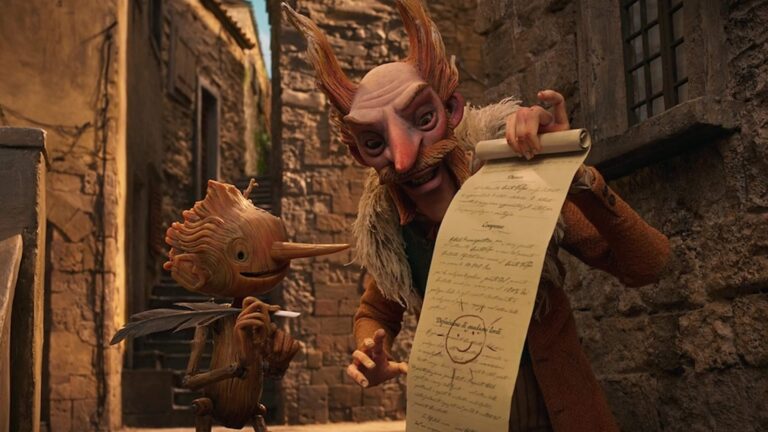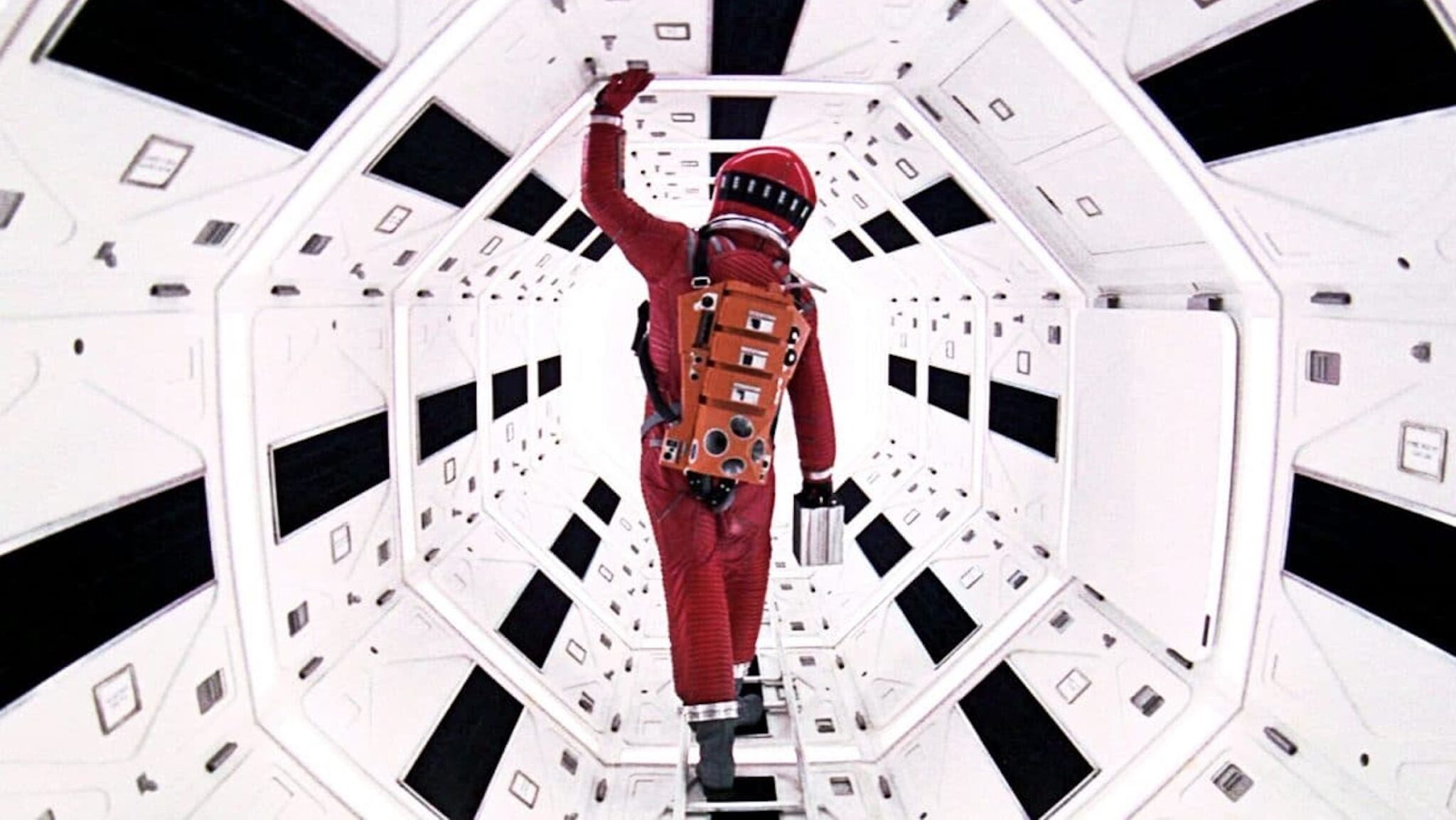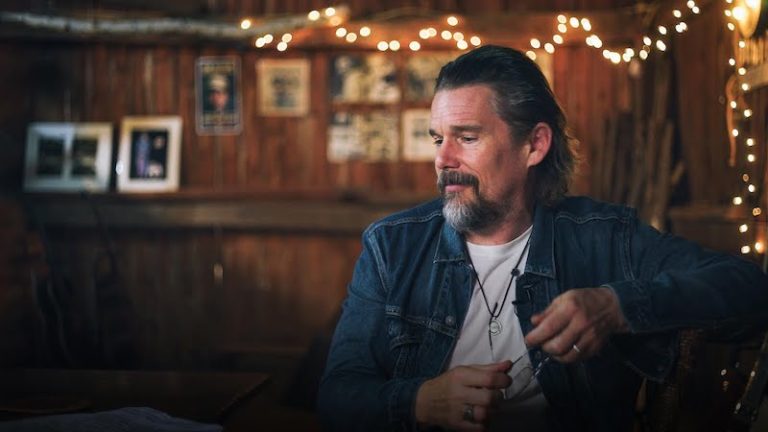
What lessons in screenwriting and creativity can we draw from the words of independent cinema and Hollywood star Ethan Hawke?
Hawke was born Ethan Green Hawke on November 6, 1970, in Austin, Texas.
Born to young parents (seventeen and eighteen years old), Hawke's parents divorced after just four years. Hawke stayed with his mother, and they eventually settled in New Jersey when he was ten years old.
Related post: 6 Tips From Popular Screenwriters
After Hawke acted in a Princeton University theater production, he was discovered and offered an audition to star in the iconic science fiction adventure film Explorers (1985). The film also co-starred the late River Phoenix.
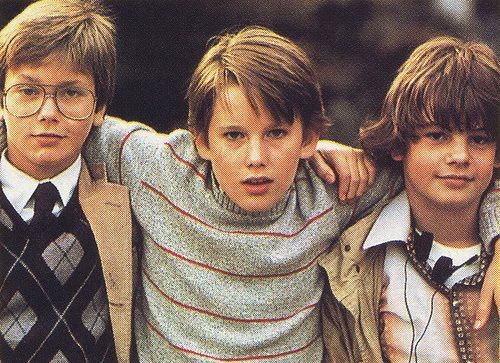
In 1988 he was attending Carnegie Mellon University in Pittsburgh when he was cast Peter Weir's prep-school drama Dead Poet's Society (1989), which starred the late Robin Williams in an Oscar-nominated role.
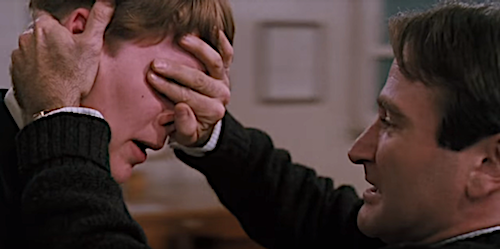
Hawke's performance garnered him acclaim, and he was regularly cast in many films soon after, including Dad, White Fang, Mystery Date, Waterland, and A Midnight Clear.
While taking on such roles, Hawke became a fixture in the New York theater community. He debuted off-Broadway in Casanova with the New York Shakespeare Festival. In 1991, he started the nonprofit theater company Malaparte with friends and appeared in many of the group's productions.
He made his Broadway debut in 1992 in Anton Chekhov's The Seagull and was nominated for a Tony Award for Best Featured Actor in a Play in 2007 for his performance in Tom Stoppard's The Coast of Utopia.
In 2010, Hawke directed Sam Shepard's A Lie of the Mind, for which he received a Drama Desk Award nomination for Outstanding Director of a Play. In 2018, he starred in the Roundabout Theater Company's revival of Sam Shepard's play True West alongside Paul Dano.
But his theater work didn't pull him away from his work in film. In 1993, Hawke wrote, directed, and edited a short film, Straight to One, which was screened at the Sundance Film Festival.
His breakout starring film role in Alive (1992) led him to Generation X-legend status as he took on the part of a philosophical slacker who falls in love with his best friend, played by Winona Ryder, in 1994's Reality Bites.
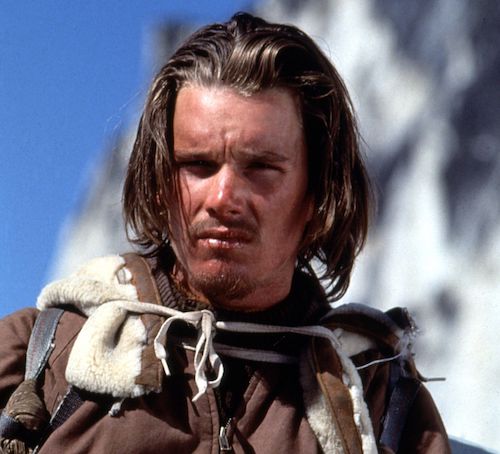
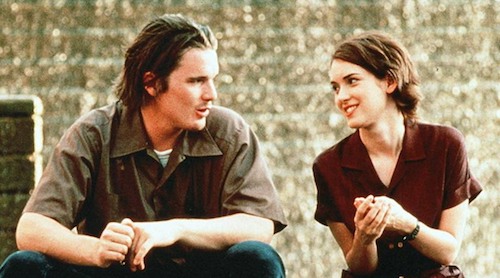
Shortly after, Hawke would team with Richard Linklater for Before Sunrise (1995), co-starring Julie Delpy, and leading to a trilogy of films (Before Sunrise, Before Sunset, Before Midnight) set nine years apart from one another. He was co-nominated for Best Original Screenplay for both of the original film's sequels.
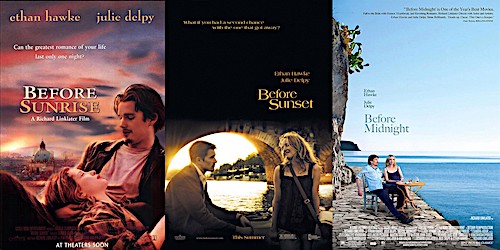
The late 1990s and 2000s saw Hawke tackle multiple roles in both prominent studio features and smaller indie fare. He would garner Oscar nominations for Best Supporting Actor in Training Day (2001) and Boyhood (2014).
During a two-year hiatus from movies in the mid-1990s, Hawke published his first novel, The Hottest State. He published his second novel, Ash Wednesday, in 2002, followed by Rules for a Knight (2015) and Indeh: A Story of the Apache Wars (2016).
Needless to say, Ethan Hawke knows his way around creativity. He's excelled in front of the camera, behind the camera, and on the written page in print, as a playwright, and as a screenwriter.
In June 2020, Hawke did a TED Talk on Youtube about creativity. Here we pull three of the best quotes from the talk and apply them to the screenwriter's journey.
"It's not up to us whether [or not] what we do is any good..."
Hawke tells great stories within the talk about how our creativity is received once we release it out unto the world. We have no control over how our stories and creative projects are accepted, primarily because film, television, poetry, music, and other artistic expressions are subjective.
What truly dictates whether or not your work is any good is each individual's reaction to it, which is based on their own needs, wants, turnons, and turnoffs.
In screenwriting context, this is advice that is initially difficult to take. Screenwriters strive to get people to love their work. If nobody has that response to it, their vision will never see the light of day — or the dark of theaters.
But you can't control what agents, managers, producers, development executives, and audiences will think of what you write.
Yes, there are general guidelines and expectations, but even if you hit check those general boxes, your screenplays can still fall by the wayside.
So Hawke's piece of wisdom here tells us that screenwriters (and any creative person) can and should take that weight off of their shoulders and just do their best to tell the story they want to tell. The rest will take care of itself.
"We have to know ourselves. What do you love? And if you get close to what you love, who you are is revealed to you."
Your screenwriter's journey is wrought with ups and downs, peaks and valleys, and trials and errors. You will fail more often than you will prevail. But it's in that failure that you learn about yourself as a screenwriter. It's in all of those downs, valleys, and errors that reveal life's greatest lessons when it comes to screenwriting.
And if those failures reveal the weaknesses that you must work on to move forward and evolve as a screenwriter, the ups, peaks, and trials help you to discover your strengths.
That's the greatest quest in your screenwriting journey — trying to discover who you are and what you love to write.
Don't chase trends. Don't emulate the success of others. Figure out who you are and what you love to write. Because that love of whatever you take on as a screenwriter will shine through the work. It will translate to the agent, manager, producer, development executive, director, and the eventual audience.
When you identify what you love and get close to it, who you are as a screenwriter will be revealed to you.
"There is no path until you walk it. You have to be willing to play the fool. So don't read the book that you should read. Read the book you want to read. Don't listen to the music that you used to like. Take some time to listen to some new music. Take some time to talk to somebody that you don't normally talk to. I guarantee that if you do that, you will feel foolish. That's the point. Play the fool."
This quote is all about taking chances. It's very easy to stay in your comfort zone, wheelhouse, or whatever you want to call it.
If you're known for your action writing, write a comedy.
If you're known for writing horror movies, write a drama.
If you're known for your comedy, write something scary.
Take a look at the career of actor/writer/director/producer Jordan Peele. From 2002 to 2016, Peele was known for his comedy chops. He created one of the greatest comedy sketch shows of all time with Key & Peele (2012-2015).
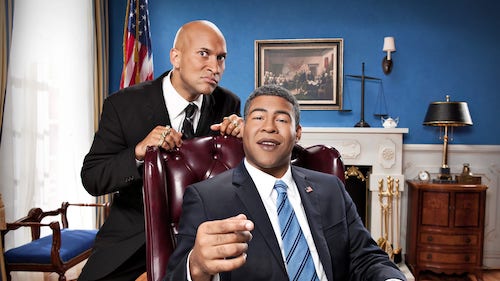
In film, he could have chosen to stay within that comfort zone writing and directing hilarious comedies based on characters he created for his shows or new original comedic characters — and he would have done just fine.
But instead, he looked inward to discover what he loved. And while comedy was a love and strength, horror and thriller genre stories were close to his heart.
When it was announced that one of the creators of Key & Peele was going to direct an original horror movie that he wrote, people throughout the industry and audience-base were taken aback. Why was Peele going out of his profitable wheelhouse?
He wasn't afraid to play the fool.
He looked inward, found what he loved, and understood that taking on this other genre was what he really wanted to do. He didn't care what other people thought. He knew what he wanted to take on, and now he is considered to be one of the leading contemporary horror masters in both film (Get Out, Us) and television (The Twilight Zone and the upcoming Lovecraft Country).
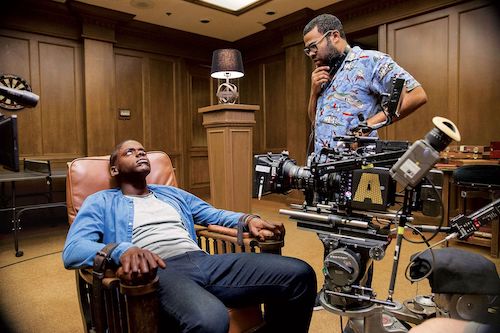

We have a fun short interview from an event with Jordan Peele a few years ago:
Don't be afraid to "play the fool" and try something new, intimidating, and scary. You may just find out what type of screenwriter you're destined to be.
Watch Ethan Hawke's TED Talk below...
Ken Miyamoto has worked in the film industry for nearly two decades, most notably as a studio liaison for Sony Studios and then as a script reader and story analyst for Sony Pictures.
He has many studio meetings under his belt as a produced screenwriter, meeting with the likes of Sony, Dreamworks, Universal, Disney, Warner Brothers, as well as many production and management companies. He has had a previous development deal with Lionsgate, as well as multiple writing assignments, including the produced miniseries Blackout, starring Anne Heche, Sean Patrick Flanery, Billy Zane, James Brolin, Haylie Duff, Brian Bloom, Eric La Salle, and Bruce Boxleitner, and the feature thriller Hunter's Creed starring Duane "Dog the Bounty Hunter" Chapman, Wesley Truman Daniel, Mickey O'Sullivan, John Victor Allen, and James Errico. Follow Ken on Twitter @KenMovies
For all the latest ScreenCraft news and updates, follow us on Twitter, Facebook, and Instagram.
Tags
Get Our Screenwriting Newsletter!
Get weekly writing inspiration delivered to your inbox - including industry news, popular articles, and more!



















